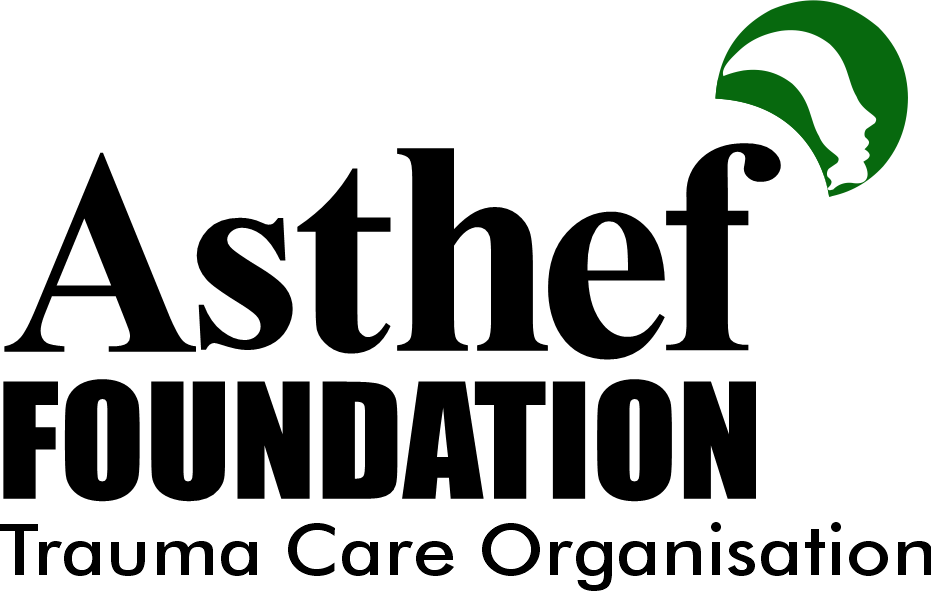
SCHOOL OF TRAUMA-INFORMED MANAGERS (STIM)
TRAUMA MANAGEMENT BASICS CERTIFICATION
School of Trauma-informed Managers (STIM) is a Professional Trauma-informed training institute designed to equip and empower you with the knowledge, skills, and resources necessary to offer effective relief to those in need.
As a certified Trauma Management expert, you will have a unique opportunity to serve individuals, families, and communities who are struggling with emotional imbalance and psychological challenges. Your compassionate and empathetic guidance will help them navigate difficult times and find peace, hope, and healing.
Throughout this course, you will be exposed to a diverse range of topics and techniques that will enhance your emotional abilities. You will explore life and mental principles and how to apply them in various traumatising settings. You will also learn the importance of self-care in this field.
We work with individuals, couples, families, communities, organisations, teams, corporations and more. We partner with Clients through thought-provoking, inclusive, and creative processes that inspire them to maximize their personal, professional, and spiritual potential.
We want to welcome everyone and encourage you to share a short informal introduction about yourself on our first day. Introductions in class will allow everyone to learn who you are and what you hope to gain from this course.
Please take a few moments and familiarize yourself with the following information about Class Logistics, Log-In Links, and Code Information before class begins. We look forward to “meeting” you and creating an amazing learning experience together!
Congratulations on taking this step towards becoming a trauma management professional, and we are honored to have you as our student. Thank you for choosing The School of Trauma-informed Managers as your institution of learning. We look forward to supporting and working with you in the upcoming weeks.
DAILY OVERVIEW COURSE OBJECTIVES
COURSE AIMS
- To provide students with a thorough understanding of godly, morally and mental principles and their application in managing stress and trauma.
- To develop students’ ability to provide effective counseling within a trauma care context.
- To equip students with practical skills and techniques for working with people in need of emotional healing.
- To prepare students for certification as Trauma care Counselors.
COURSE OBJECTIVES
- Understand and apply the right principles to counseling situations.
- Develop skills in empathy, active listening, and effective communication.
- Learn various trauma theories and techniques.
- Gain proficiency in areas such as trauma, addiction, grief, depression and family counseling.
- Explore the role of spirituality and faith in counseling.
Upon completing this course, students will be equipped to provide compassionate, effective healing and talk therapy to individuals and families, drawing upon principles and a range of trauma care techniques.
Important Things To Note
REQUIREMENTS
FAILURE TO MEET THE REQUIREMENTS
Should you fail to meet this requirement, you may retake the full course (at a reduced rate) and only if there is availability in the class.
COURSE COMPLETION
Minimum attendance of 1200 minutes, or 80% of the course is required. Within five (5) days of the last day of class, you must: Complete the online exam and obtain a minimum of 80% to pass.
ATTENDANCE REQUIREMENTS
All participants are required to attend 80% of the in-class portion of this course to obtain a certificate of in trauma management. WHAT THIS MEANS: Your facilitator is required to record your absence in 15-minute increments. If you miss a full session, your time missed will be recorded as 120 minutes. If you arrive late or need to leave for any reason, the amount of time missed will be recorded. All these minutes accrue as the course continues, and if you miss more than 20% of the time, you will not meet the attendance requirement for the program.
BREAKDOWN FOR COURSE
Level 1 – Trauma Management Basics Certification-TMBC has a total of 12 sessions of 2 hours each or 1440 minutes. Therefore, you must be present and able to participate in 10 sessions or 1200 minutes of in-class instruction to meet this requirement.
GRADUATION
A graduation ceremony is conducted in June and November every year. The formal distribution of executive certificates to the graduates, symbolizing the successful completion of their academic journey. Remember to capture and cherish these moments with photos, celebrate with friends and family, and take pride in your accomplishments!















